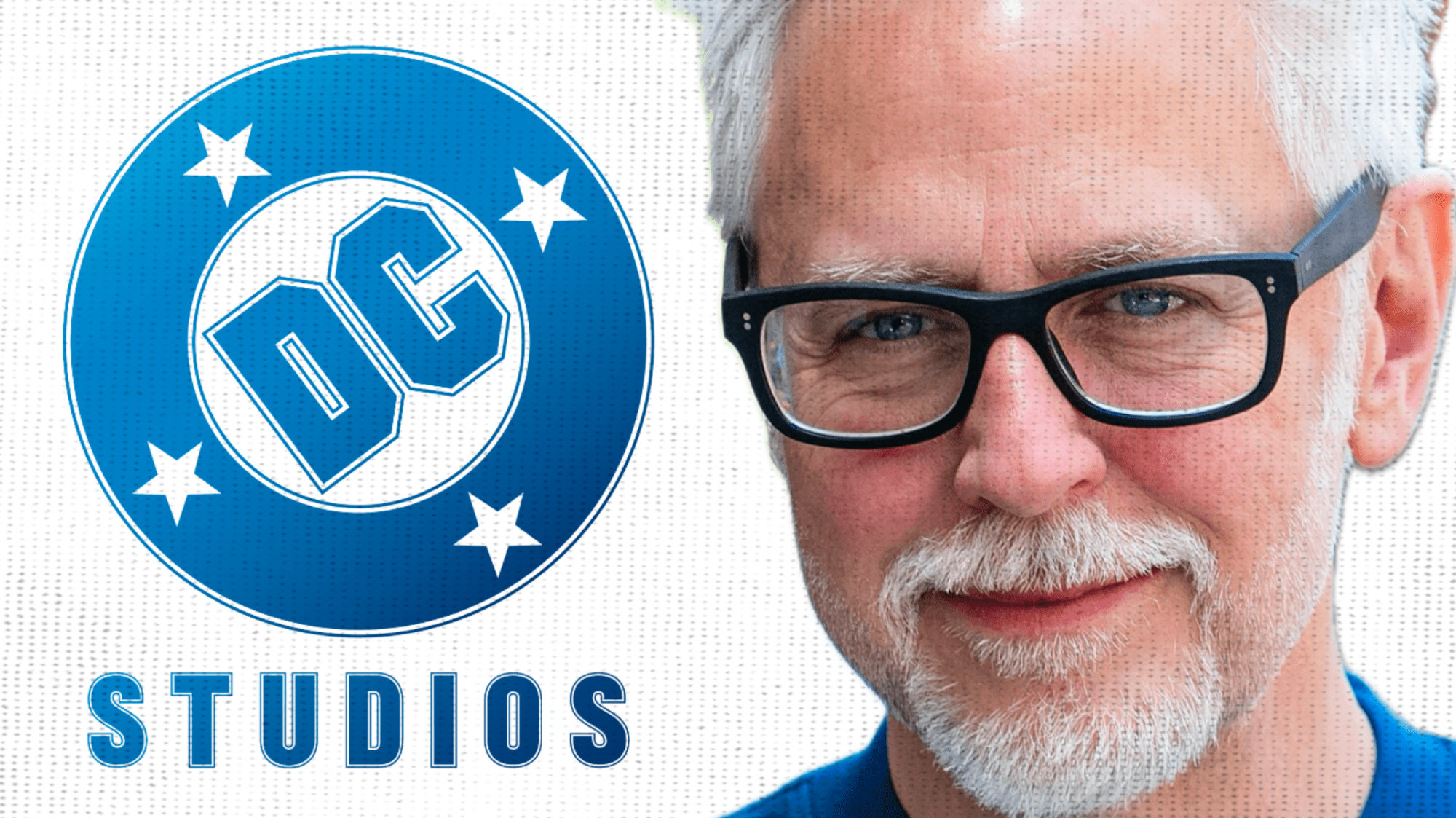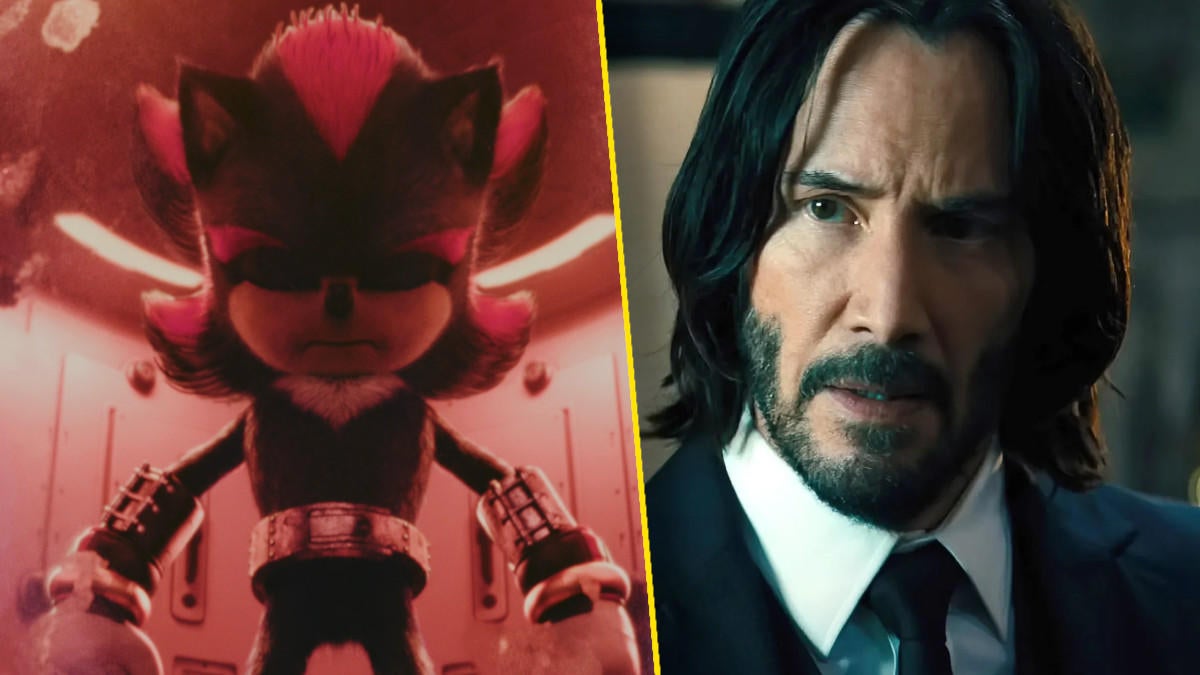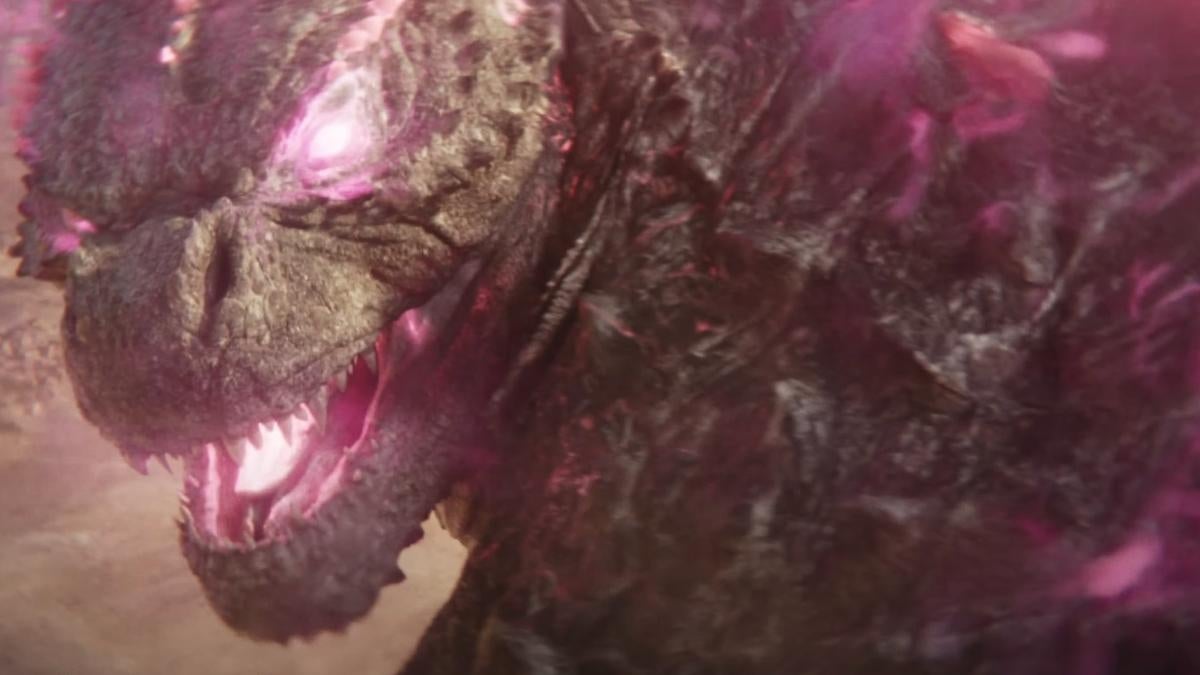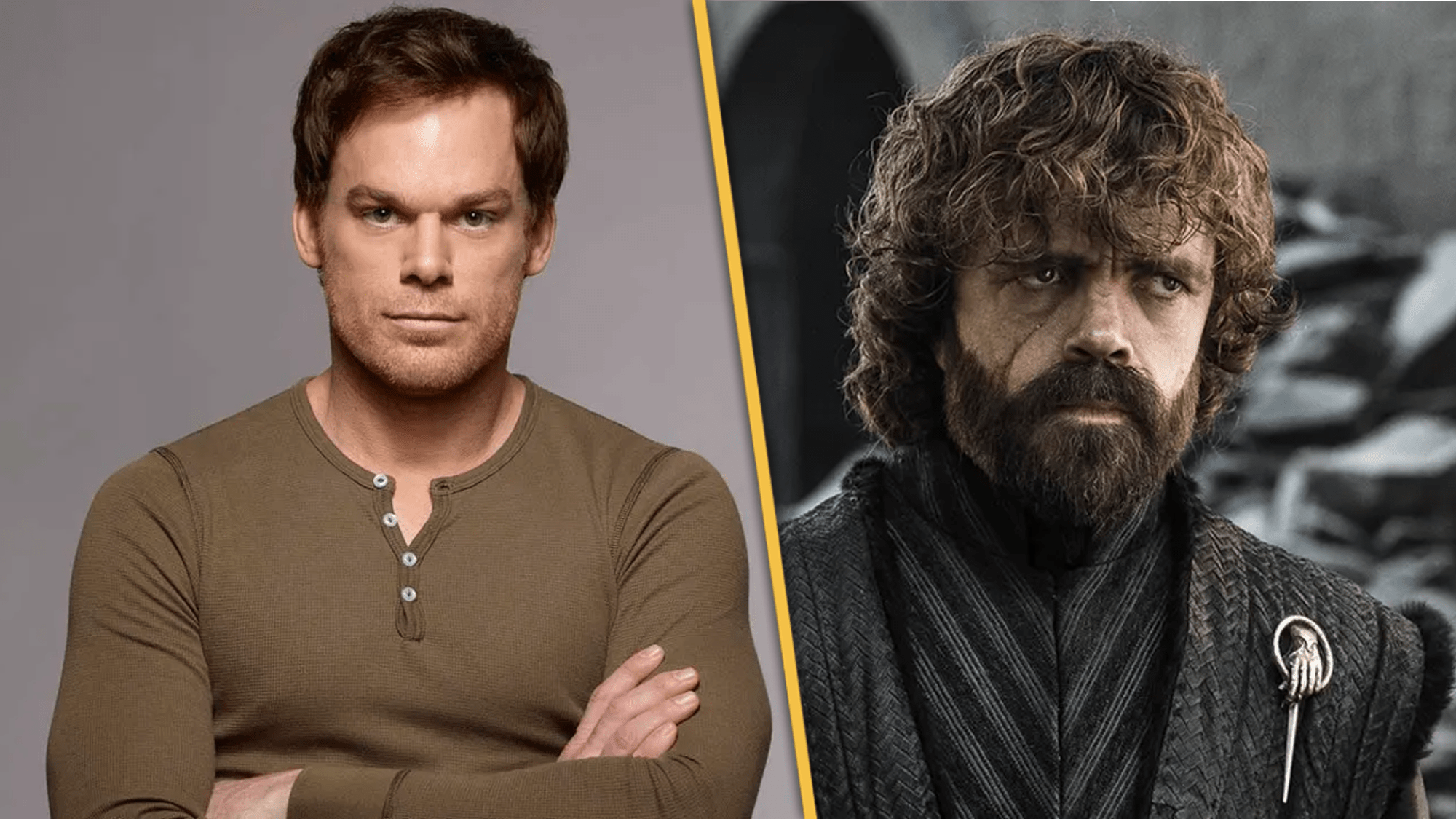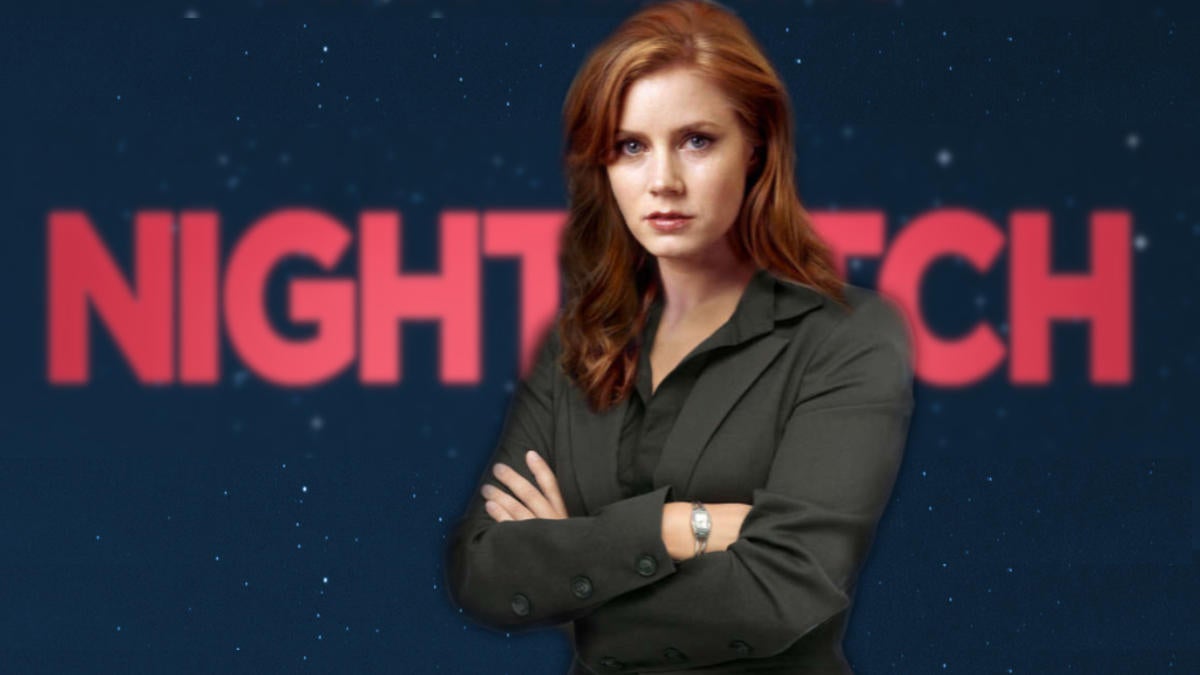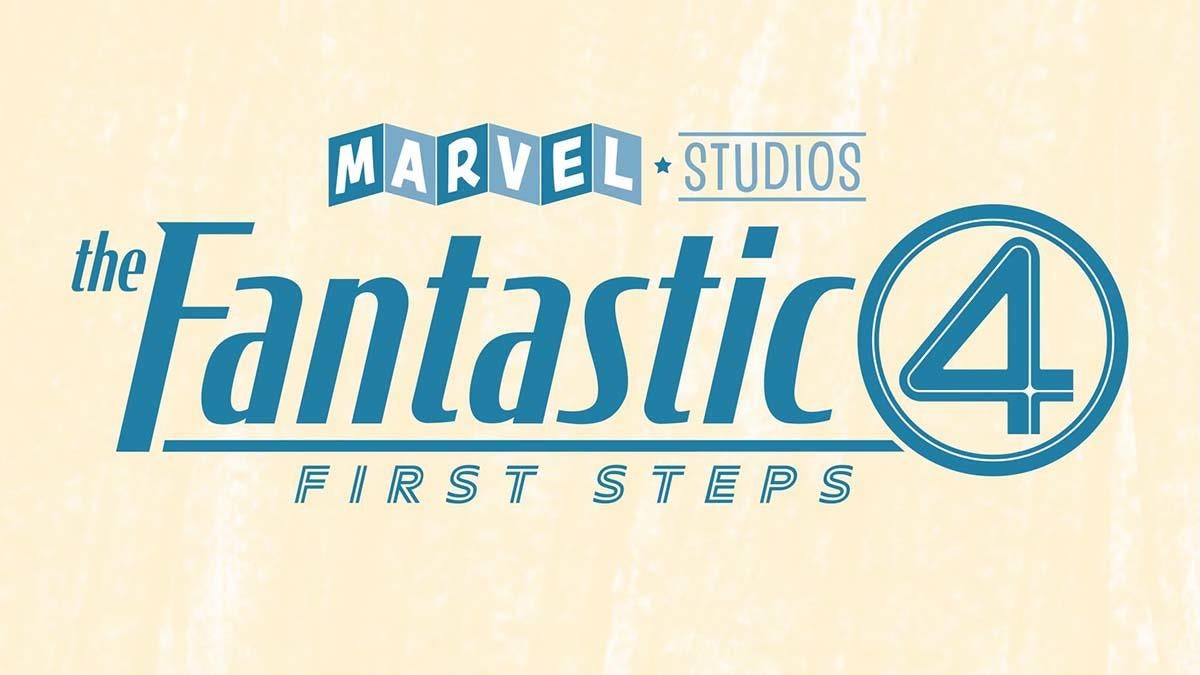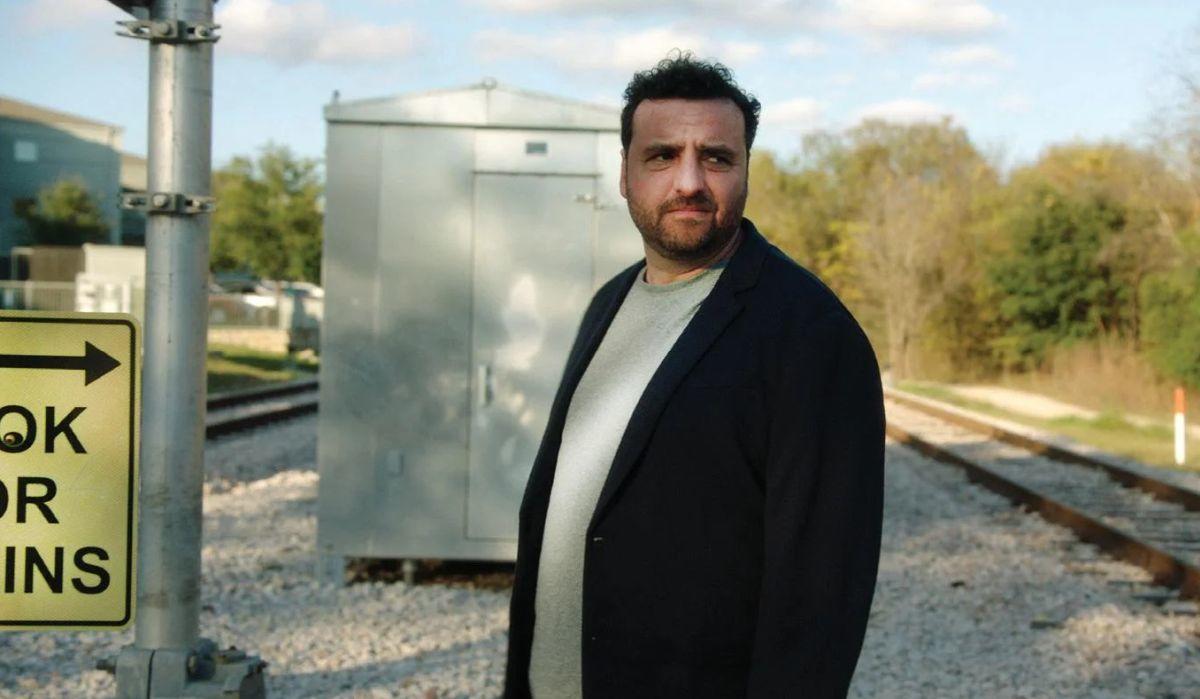Rumors that pop star Dua Lipa had been signed to a multi-picture deal by DC Studios was debunked by Superman director and DC Studios co-chief James Gunn over the weekend. Reports suggested that the singer-songwriter had inked a “ten-year deal,” a phrasing that Gunn questioned in particular, noting that modern Hollywood contracts are almost exclusively concerned with the number of projects, not the duration of employment. Reports had claimed that Dua Lipa would play Zatanna, the backwards-speaking magician famous for her time with the Justice League and, more recently, her romance with inveterate magical bastard John Constantine.
Gunn, who has always been a vocal debunker of false reporting related to his projects, was quizzed on social media about the rumors. After admitting he hadn’t heard that one before, he quashed the report.
Videos by ComicBook.com
“Until this moment it was neither of those things but as of now it’s debunked as well,” Gunn said on Threads. “’10 year contract?’ Do they think this is the 1930’s? I’m a Dua Lipa fan, but no.”
No doubt there will be those who quibble with the phrasing, suggesting that Gunn didn’t actually say Dua Lipa didn’t sign a deal, just not the one reported. That’s likely a silly exercise, though. Gunn is well known for debunking fake news, but equally seems pretty good at keeping quiet when there’s some grain of truth to the story. Playing a little “gotcha” game with the internet doesn’t really seem like his style.
Zatanna is part of the Justice League Dark, and has therefore been attached to a number of aborted projects in recent years. Created in 1964, the character made her live-action debut in Smallville, portrayed by Serinda Swan. Before and since then, she has appeared in a number of animated projects and even some video games.
A number of projects that would have featured Zatanna have fallen apart since 2005, including two different iterations of planned solo movies, a Justice League Dark movie by Guillermo del Toro, and a Justice League Dark project that JJ Abrams was developing for Max before Discovery bought Warner Bros. and everything at DC changed. Reports at the time suggested that each member of the Justice League Dark would have had their own stand-alone Max projects (either films or shows), building to a collaborative Justice League Dark project in a model that echoed what Marvel had done at Netflix with Daredevil, Jessica Jones, and the other Defenders-verse shows.
